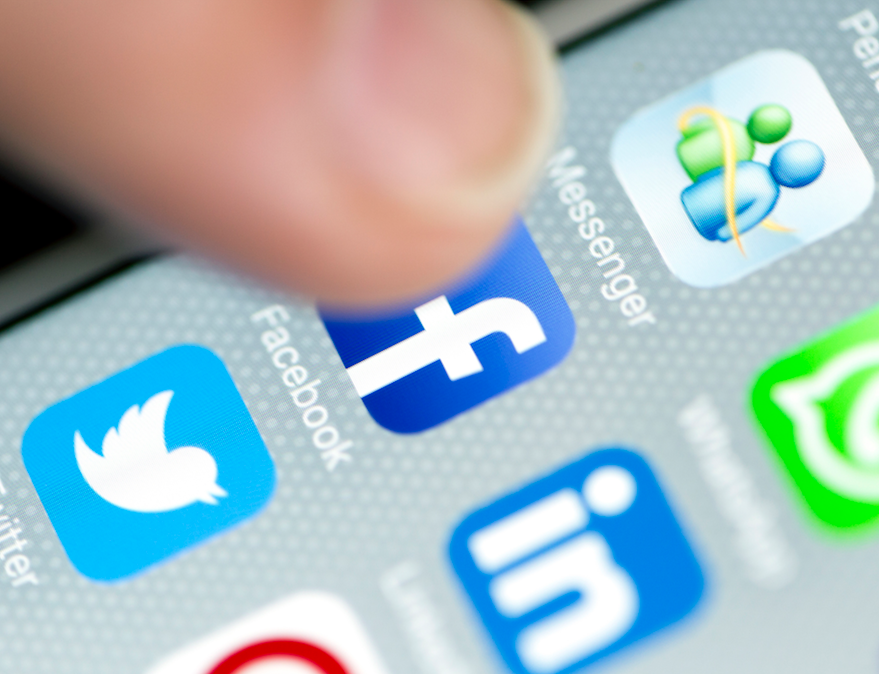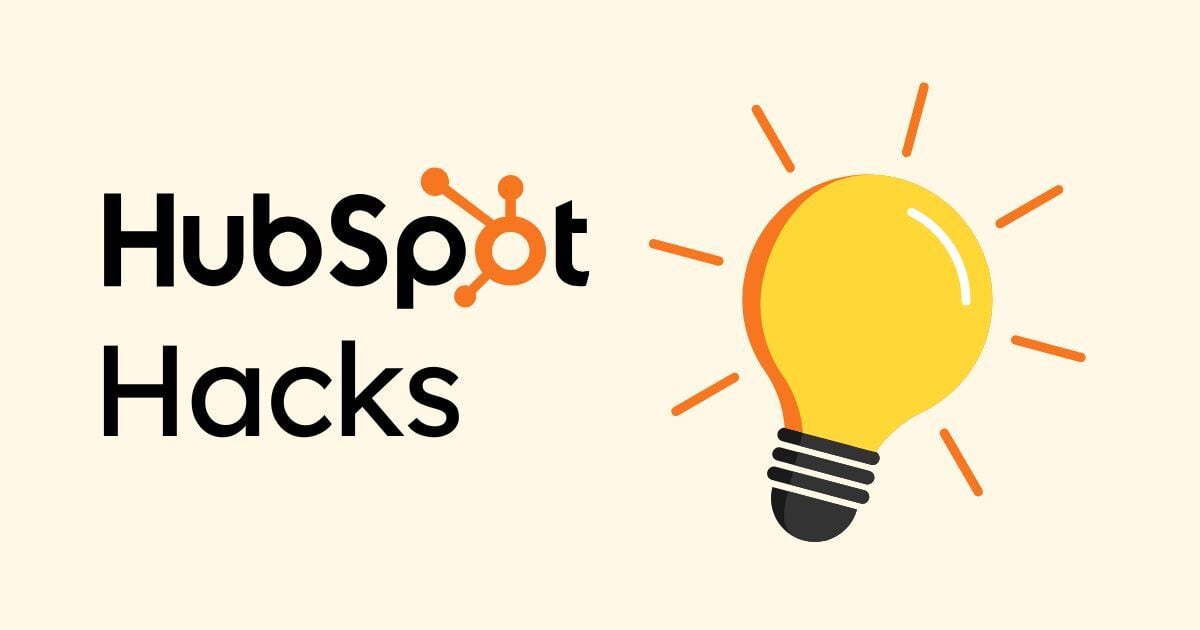
The Real Winner of the US Presidential Election Social Media

While the Internet and social media networking channels have grown in significance and use, we have just bore witness to THE major event clearly demonstrating the power of social media and how it has dramatically upstaged traditional forms of communication.
The U.S. Presidential election was steeped in 140-character quips and quotes posted by both candidates, which were referenced in interviews as well as in the televised Presidential debates themselves (even the debates were Tweeted in real time by many, creating a rapid-fire back-channel on Twitter). Online articles written about the elections were (and still are) accompanied by screen grabs of specific Tweets. A versatile tool or weapon, social media possesses the power to create or destroy perspectives.
As it shaped the outcome of the U.S. election, it clearly, therefore, continues to wield impact on a global scale.
From marketing personalities and campaigns, to goods and services — social media has proven its place once and for all as the undisputed heavyweight champion of the marketing world.
WITH GREAT POWER COMES GREAT RESPONSIBILITY
Social media offered the Presidential candidates unparalleled visibility and the power to reach and influence millions of people “on record” instantly. Reports like this one stated that Donald Trump was banned from using Twitter by his campaign staff in the days leading up to the election, which underscores the massively influential and delicate nature of the channel.
The megaphone-like power of social channels are also powerful through the ease of which a message can be shared, archived, supported, and discussed – all with further layers of insight provided by built-in analytics tools.
INFORMATION DEMOCRATIZED
Social media allows users to seek out like-minded individuals for validation and support. And, yes, while confirmation bias is often sought out by many social media users, the existence of social media is still rooted in the democratization of information, a very powerful freedom that can influence everything from elections to the types of shoes you buy.
And the biggest campaign tools with the broadest reach in all the land … are FREE.
Just as corporations no longer have the monopoly on information that they once did, the mobilizing and democratizing nature of social media is a thing of beauty: Because channels like Facebook and Twitter are FREE, they provide a relatively low barrier to entry as well as a relatively level playing field for participants, regardless of age, race, or orientation.
Even post-election, both candidates’ respective social media followings continue to increase. And while social media is a significant platform to the Millennial generation, it continues to grow in reach and participation across all demographics, foreshadowing its ongoing role in national discussions an influencer in the marketplace of ideas.
A still-growing and free marketing channel, this election cycle shows the relevancy and power that social media holds in getting a message out.
As a marketer, I’m often asked by clients (who are under the assumption that social media is comprised of cat videos and food photos) if they should be an active participant on social media. Look at the role of social media in our everyday lives and then on the largest stage of all, the election of the President of the United States. With that, our answer is a GREAT. BIG. YES.
——
Sarah McNabb is Chief Marketing Officer at Gate 39 Media, a financial services marketing firm providing online marketing and application development for financial services across futures, equities, alternative investments and insurance.
Follow Sarah on Twitter at https://twitter.com/SarahMcNabb2016
Editor’s Picks
If you've been living inside HubSpot like we have, you know the true magic is in the small, hidden tricks—those little shortcuts that save hours and...


Connect with us to discover how we can help your business grow.
.jpg)
